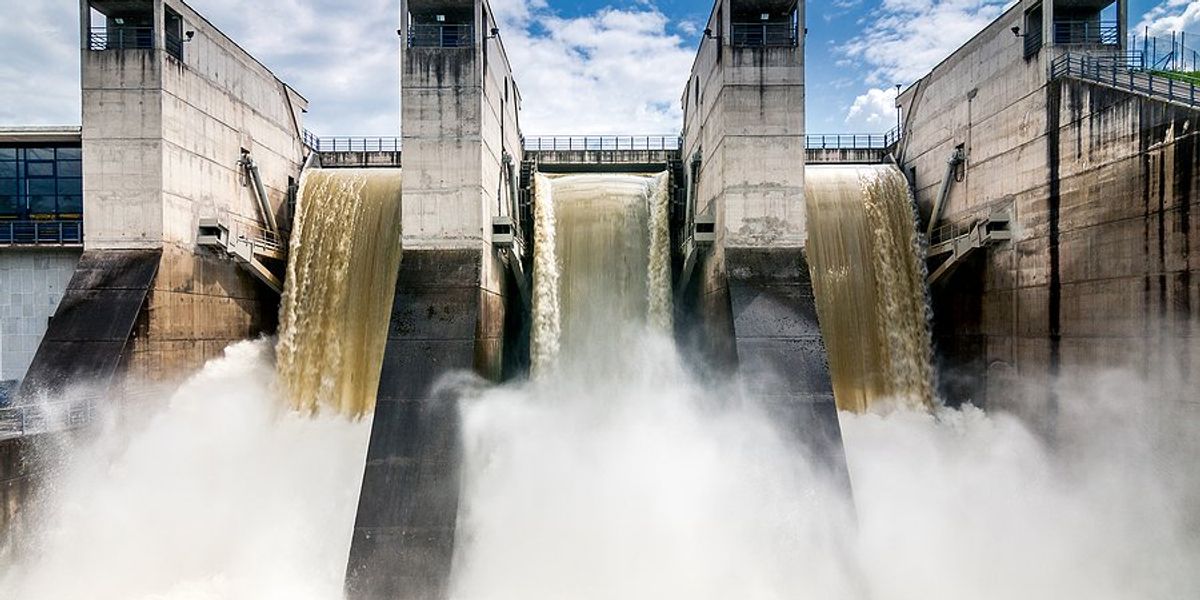sea
Mediterranean Sea's environmental crisis deepens, study reveals
A recent Israeli government report highlights the alarming rise in temperature, acidity, and sea levels in the Mediterranean Sea, alongside increased mercury contamination.
In short:
- The Mediterranean Sea is warming at a rate exceeding global predictions, with a significant increase in acidity and rising sea levels.
- Mercury contamination shows a increase, particularly in the northern part of Haifa Bay, posing environmental and health risks.
- The report, a collaborative effort by various Israeli ministries and research institutes, underscores the need for environmental intervention in the region.
Key quote:
The faster pace of warming in the Mediterranean is due to it being a small body of water compared to the oceans.
— Israel Oceanographic and Limnological Research Institute report findings
Why this matters:
This report is a reminder of the escalating environmental crisis facing our seas, directly impacting marine life and human health. It underscores the urgency for global environmental policies and actions, particularly in the context of climate change and its far-reaching effects.
For some ocean creatures, infectious disease is growing amid a changing climate.
Property over people? New York City’s $52bn plan to save itself from the sea
A decade after Hurricane Sandy, critics of a federal plan that allocates billions to protect the region from rising waters are calling it a ‘failure of imagination.'
Engineers put new spin on capturing carbon from the oceans
N.S. oceanside hamlet bands together to protect itself from climate change
Coastal erosion is the latest battle for the U.S. island caught in the crosshairs of climate change
Scientists point to climate change as likely cause for Alaska snow crab decline
Even as scientists are still trying to figure out why the Bering Sea snow crab stock crashed in 2021, federal managers are working on a plan to help rebuild it.
Climate change takes hold in North Carolina's ghost forests
Few examples of climate change are as unmistakable and arresting as the “ghost forests” proliferating along parts of the East Coast — and particularly throughout the Albemarle-Pamlico Peninsula of North Carolina.



















